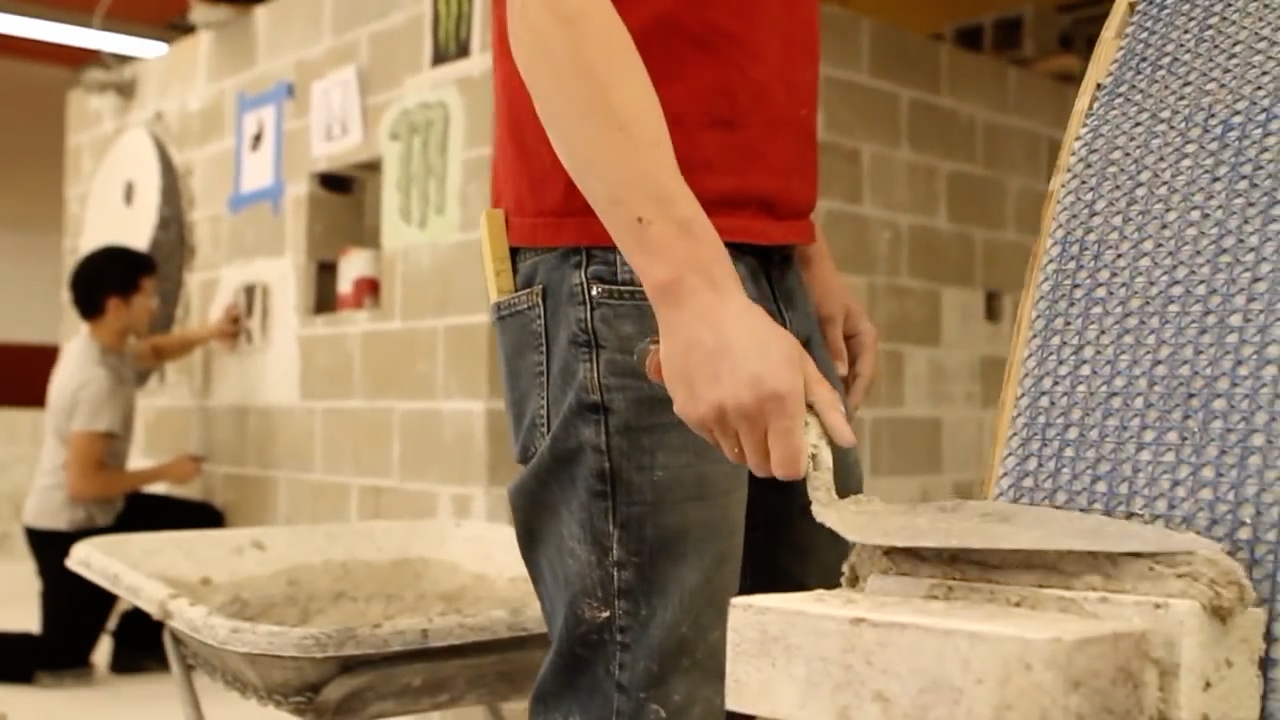Sophomore year all students will complete certification in: CPR – Cardiopulmonary Resuscitation, AED – Automated External Defibrillator, and First Aid.
Upon completion of the sophomore year students will choose between earning a certificate in Dental Assisting, Health Assisting or Medical Assisting.
Dental Assisting: Students will be prepared for the Dental Assisting National Board (DANB) exam for Infection Control. Curriculum progresses for students to learn; patient care, dental charting, instrument and equipment practices, chair-side procedures, clinical records, dental practice management, laboratory procedures, as well as, the use of dental x-ray equipment and x-ray procedures.
Health Assisting: Junior year, students will have the opportunity to learn direct patient care as they pursue certification as a State Certified Nursing Assistant – (CNA). Whittier Tech is an approved Massachusetts Department of Public Health Care and Quality Program. Students are prepared both academically and clinically to successfully pass the Massachusetts Nurse Aide Competency Exam.
Medical Assisting: Medical Assistants perform administrative and clinical tasks necessary to keep medical offices running smoothly. Duties of Medical Assistants include but are not limited to: registering patients, updating medical records, taking medical history and vital signs, drawing blood, performing EKGs, overseeing routine laboratory testing, and assisting medical professionals as needed.
HOSPITALITY MANAGEMENT
The Hospitality Management Program at Whittier will explore the fundamentals of Hospitality and Tourism, including: front desk personnel, food and beverage service, housekeeping operations, facility personnel, banquet and catering service, meeting and event planning, hospitality marketing and sales.
Students have the opportunity to earn ServSafe Food Certification, ServSafe Alcohol Certification, Chokesaver/CPR Certification, Allergen Training Program Certification, and an OSHA 10- Hour General Industry Certification.
Students may participate in SkillsUSA and Massachusetts Restaurant competitions, earning them scholarships for post-graduate programs.
MARKETING EDUCATION/BUSINESS MANAGEMENT
Business Technology and Marketing have joined forces to provide a comprehensive and well-rounded program to prepare students for the business world. Curriculum will integrate marketing concepts, accounting, QuickBooks, computer applications, and of office practices and procedures which will provide students with a strong foundation in business. Students will also be introduced to legal issues and develop knowledge in personal finance. They will learn proper time management, organizational skills, and goal setting strategies. Students will select which program they want to earn their trade certificate credential at the end of sophomore year.
Students are also prepared to take Microsoft Office Specialist (MOS) certification exams in Word, Excel, PowerPoint, and Access. These credentials are recognized worldwide. Certification builds individual distinction and ensures employers that students are prepared for an increasingly competitive workforce. Whittier Tech is an authorized Microsoft Office (MOS) testing center.
Possible career pathways: Business, Finance, Management, Marketing, Advertising, Banking, Accounting, Administrative Assistant, Public Relations, Office Manager, Salesperson, Payroll Clerk, Executive Assistant, as well as Retail Operations.











